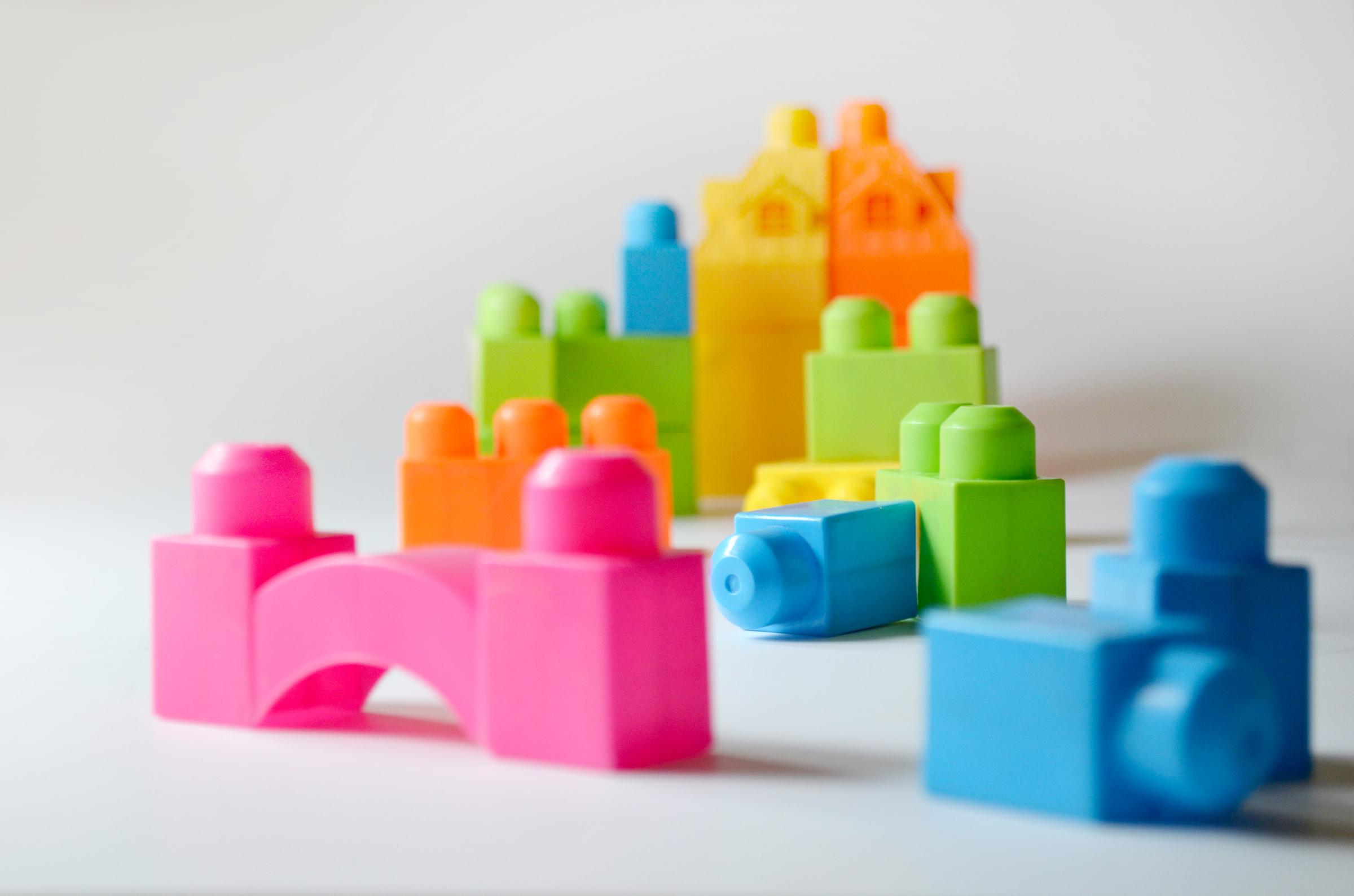Wellbeing corner

Supporting students and families
Welcome back students and families, from all of us in the Student Wellbeing team.
Starting the school year can bring mixed feelings – excitement at seeing friends and teachers, tackling a new subject or getting involved in a sport or club, but it can also be a time of stress and worry for some students. If the new year is not going as smoothly as you had hoped, the Student Wellbeing Coordinators (SWCs) are available to support students and families.
In addition to talking to a member of the wellbeing team, here are some simple steps you can take to help you settle into the school year.
Create routine and organisation:
Creating a routine can help ensure that you have enough time to do all the things that support your wellbeing. Early in the year, think of some achievable goals to help you think about what you want to achieve this year, and where you should focus. Plan for stressful times in advance, write key dates in your diary, and leave enough time so that you’re not rushing the night before your due dates. Don’t forget to leave enough time in your routine for ensuring you are getting enough sleep, exercise and socialising.
Sleep hygiene:
Good quality sleep is vital for ensuring that you have the energy to stay focussed and motivated throughout the day. Most adolescents need 8 to 10 hours sleep each night. If you’re having trouble sleeping, a few things you could try include: going to bed and getting up at a regular time, creating a relaxing bedtime routine, avoiding screens for an hour before bed (and keeping them separate from your bedroom overnight) and practising mindful meditation techniques.
Diet and exercise:
You probably remember this from health class, but maintaining a healthy diet, and exercising regularly, can both have a huge impact on your mood, the quality of your sleep, your concentration, and energy levels. Try to build healthy habits into your everyday, and if you know that you’re the type to reach for sugary or caffeinated snacks when stressed, try and build other stress-busting strategies into your routine (like going for a walk, talking to a friend or listening to music) so that you’ve got other options at stressful times, like tests and exams. Remember, we don’t have to be perfect, and little changes can make a big difference.
Connection and belonging:
The people we spend time with also really impact on how we’re feeling. Putting time into our relationships, and spending meaningful time with friends, family, peers and other important people in our lives can help us feel energised, relaxed and supported – which increases our wellbeing. Focus on relationships that make you feel good about yourself. Consider joining a club at NHS, taking up a new hobby or connecting with people in a favourite subject, an after school activity or sports team.
